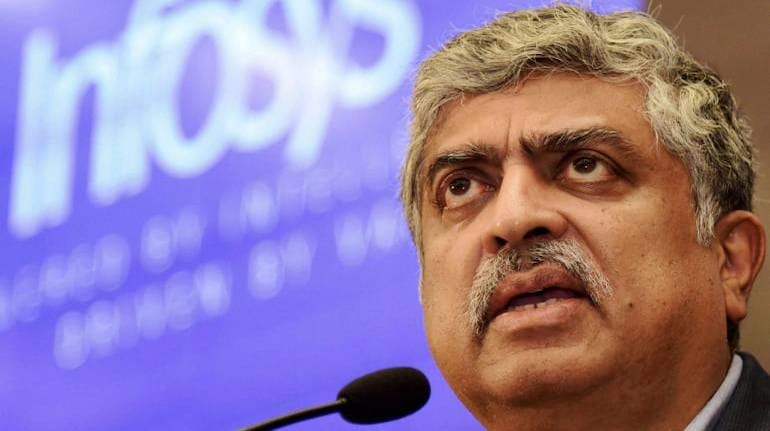



Aadhaar-based facial authentication, and not facial recognition, will be used for India's vaccination drive, said Nandan Nilekani, Chairman, Infosys.
“What will be used is facial authentication where they compare your photograph with your Aadhaar number. It is no different than fingerprint authentication, iris or OTP authentication,” Nilekani added.
He was speaking at the first edition of Microsoft ExpertSpeak, in conversation with Anant Maheshwari, President, Microsoft India.
“So it is not facial recognition. It is something different. Facial recognition is where you take a photograph, scan the photograph in the database to look for that person. No such thing is being contemplated,” Nilekani explained.
According to him, facial authentication is used as people, more often are not, are unable to use the fingerprint. In a way of being inclusive, face authentication to be used, where when a person comes in they take a photograph and use it to compare with his or her Aadhaar. That should help in accelerating vaccination, he added.
The Indian government opened up vaccination for everyone over 18 years of age starting May 1. However, at the current pace, reports peg, India won’t reach coverage until the year-end.
Nilekani said that, “Now we have to aim for 5-10 million vaccines a day and hence the transaction time is very important.”
He was responding to Moneycontrol’s query on the concerns raised by digital rights organisations in using facial recognition for vaccination drive.
In an interview to the Print, RS Sharma, CEO, National Health Authority, had shared that Aadhaar-based facial recognition system could soon replace biometric fingerprint or iris scan machines at COVID-19 vaccination centres across the country in order to avoid infections. However it would not be made mandatory, he said.
On April 19, around 16 digital rights organisations including Internet Freedom Foundation and 505 individuals opposed the move and sent a joint statement to Sharma and NHA. According to the letter, the system poses multiple threats such as exclusion, and also privacy concern given that the system is not 100 percent accurate and with no legislation in place to safeguard privacy of citizens.
Discover the latest Business News, Sensex, and Nifty updates. Obtain Personal Finance insights, tax queries, and expert opinions on Moneycontrol or download the Moneycontrol App to stay updated!
Find the best of Al News in one place, specially curated for you every weekend.
Stay on top of the latest tech trends and biggest startup news.